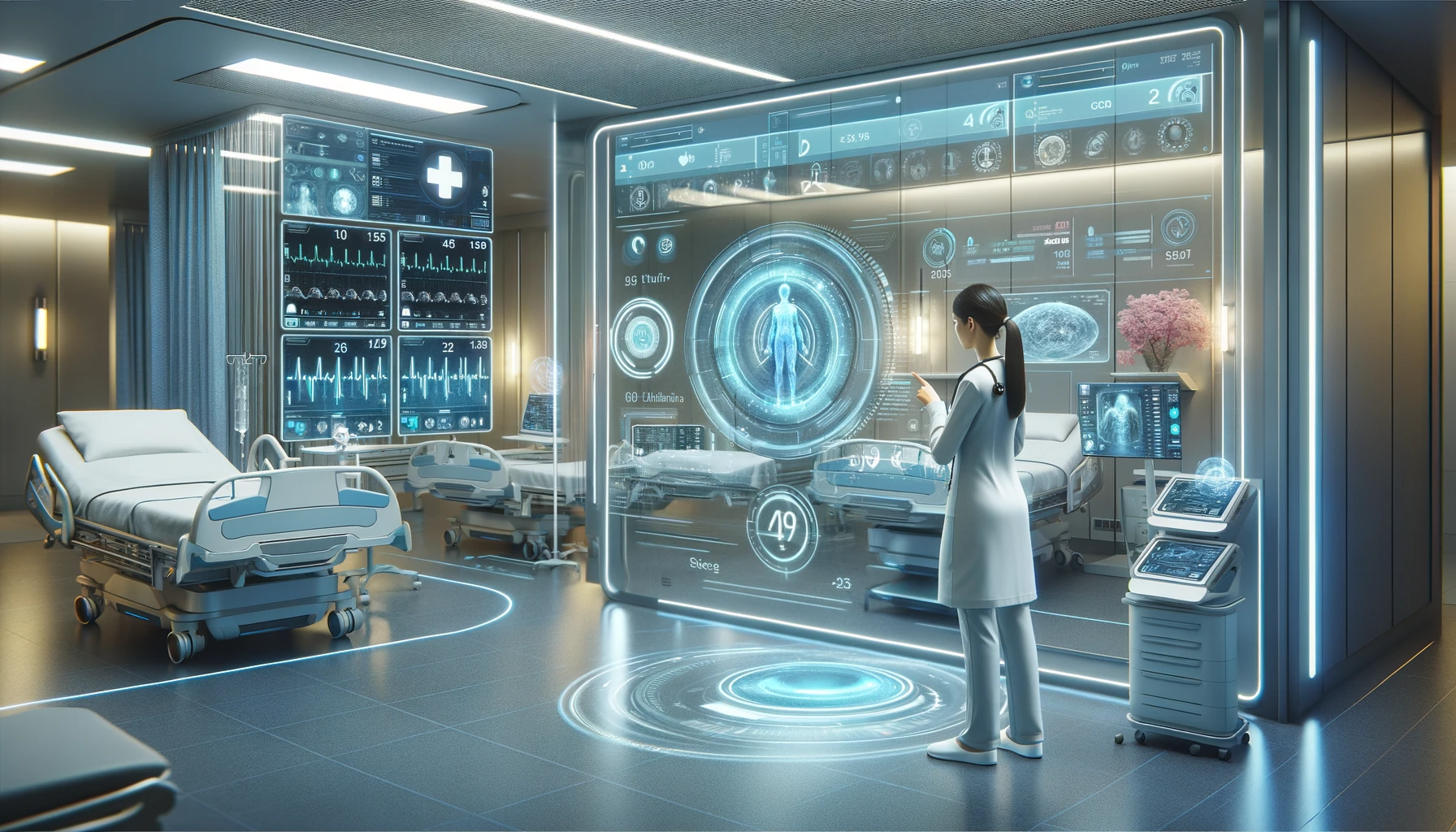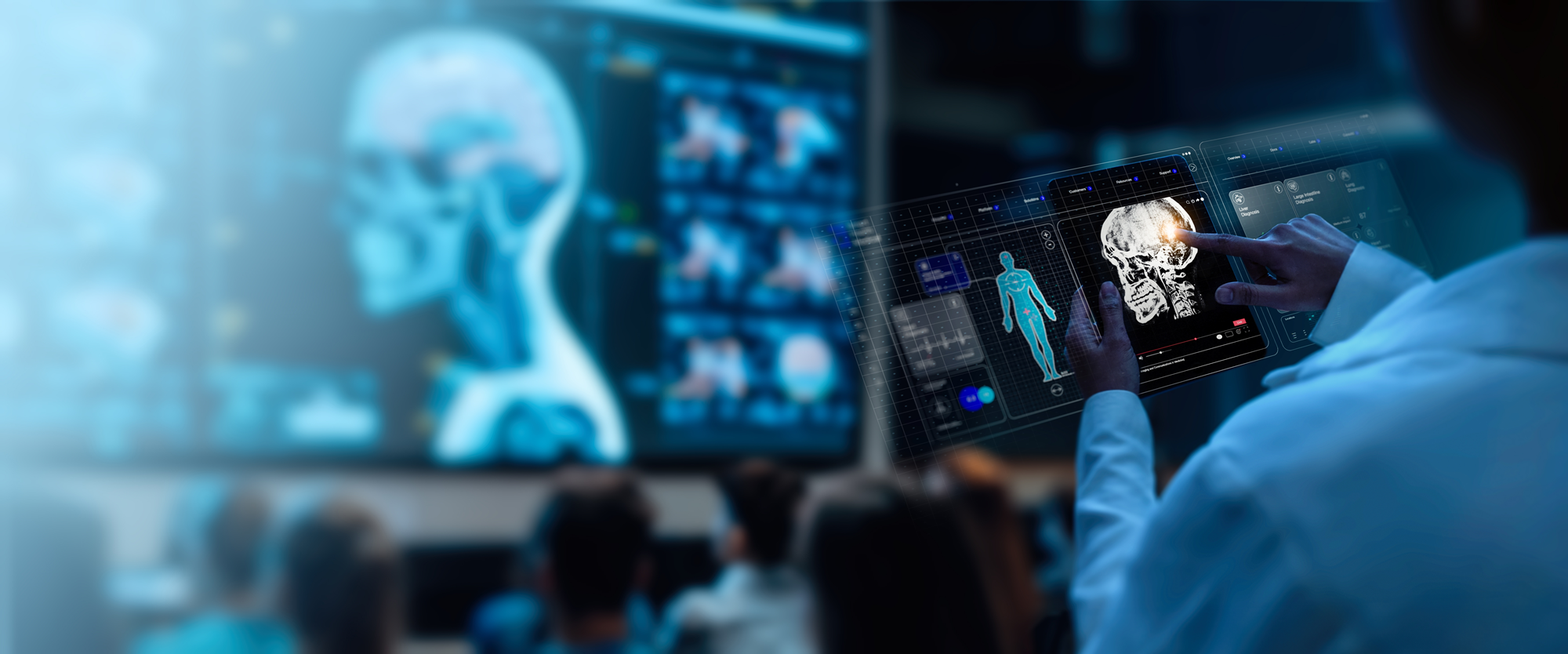Non-invasive monitoring of intracranial dynamics: How brain4care’s technology is enhancing critical patient care and safety
01/07/2025
According to The Lancet Neurology, neurological disorders are the leading cause of disability and the second leading cause of premature death worldwide.
Many secondary neurological injuries such as loss of speech, vision, and mobility can be prevented with early diagnosis and continuous monitoring.
At Einstein Hospital Israelita, brain4care’s non-invasive technology is enhancing critical care by enabling real-time, bedside monitoring of intracranial dynamics, with no need for surgery, radiation, or patient transport.
This allows for early intervention in cases of intracranial hypertension (ICH) and brain edema, reducing risks and long-term consequences. The initiative was made possible with the support of Eretz.bio, reinforcing the importance of partnerships between startups and leading healthcare institutions in transforming patient care.
How brain4care’s technology works
The brain4care solution uses an external sensor, gently placed on the patient’s head, to non-invasively monitor intracranial dynamics providing early detection of intracranial hypertension and changes in brain compliance.
The device captures micro-expansions of the skull and translates them into waveforms, which are processed by a cloud-based platform powered by artificial intelligence. The system generates medical reports for clinical interpretation.
These dynamic insights complement clinical and imaging exams, offering a broader view of brain function. Fast and painless to apply, the technology can be used at any time, directly in the ICU, without the need to move the patient—making intracranial pressure monitoring safer, more accessible, and continuous for a wide range of cases.
A solution that enhances patient safety
brain4care’s technology enables real-time monitoring of neurological risk, even in cases where invasive methods would not be appropriate, broadening access to better outcomes while minimizing harm.
Key benefits observed with the solution include:
- Proactive management of intracranial hypertension, allowing early intervention to prevent neurological damage and long-term impairments.
- Reduced risk for patients, with bedside monitoring that avoids surgery and radiation exposure.
- Improved access to high-quality care, as monitoring can be performed as often as needed, without transporting critically ill patients.
From innovation to clinical practice
The adoption of brain4care technology at Einstein is the result of a collaborative effort across multiple departments, supported by Eretz.bio. As one of the hospital’s innovation fronts, Eretz.bio works to bridge startups, emerging technologies, and leading healthcare institutions facilitating the path from innovation to bedside care.
Through this initiative, brain4care’s solution has become part of Einstein’s neurological care ecosystem, bringing measurable benefits to both patients and healthcare professionals.
Transforming neurological care through innovation
The introduction of non-invasive intracranial monitoring at Einstein is a clear example of how technology can deliver real value to healthcare.
By supporting the adoption of solutions like brain4care’s, Eretz.bio reaffirms its commitment to a model of innovation that prioritizes patient well-being and clinical excellence.
Initiatives like this demonstrate that collaboration between startups, innovation hubs, and top-tier health institutions is essential for building a safer, smarter, and more humanized healthcare system.
Learn more about our Technology Validation Office here.




